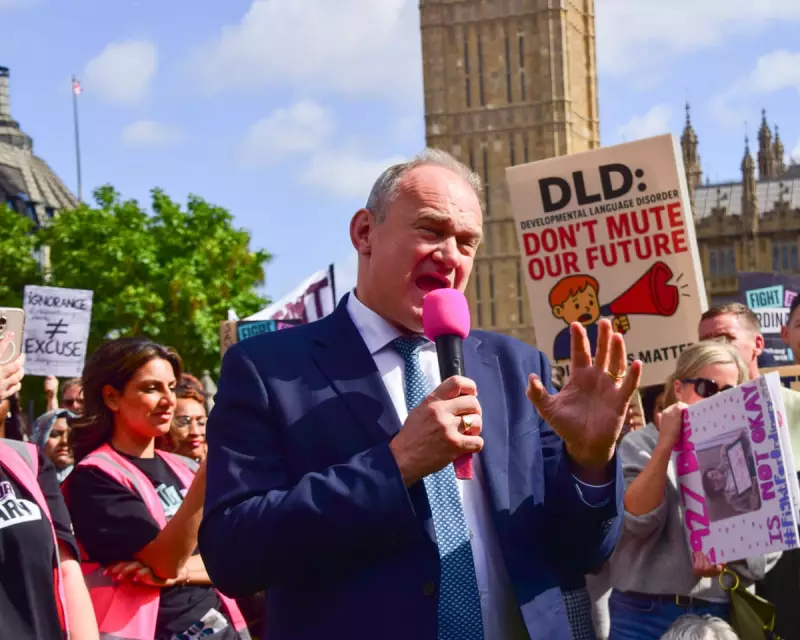
While the political giants in Westminster remain locked in a seemingly endless battle, a quieter but significant shift is occurring across England's towns and counties. The Liberal Democrats, often dismissed as a peripheral force, are strategically carving out a vital role as the authentic voice for communities feeling increasingly disconnected from the centre of power.
Filling the Post-Brexit Void
The 2016 referendum result was a seismic shock to the UK's political landscape, but it was also a clear cry for help from parts of England that felt ignored and left behind. This created a vacuum that the two main parties have struggled to fill effectively.
The Liberal Democrats have astutely moved into this space. Their conference agenda, heavy on localism and empowering councils, is a direct response to this demand for a more focused, community-driven politics. They are no longer just talking about national issues; they are championing the hyper-local.
Beyond the 'None of the Above' Label
To categorise the Lib Dem vote merely as a protest against the Conservatives and Labour is to misunderstand their current appeal. Their support is increasingly positive and affirmative. Voters are turning to them not because they dislike the alternatives, but because they offer a tangible, pragmatic vision for their communities—a vision centred on competent local governance and a stronger voice for England's regions.
This represents a fundamental evolution from their previous identity, which was largely defined by their stance on Europe.
The Pillars of the New Lib Dem Strategy
- Devolution on Demand: Advocating for real power and funding to be handed down to local councils, moving away from the Whitehall-knows-best model.
- Competence over Ideology: Focusing on practical, bread-and-butter issues like fixing local services, protecting high streets, and ensuring adequate housing.
- Representing the Whole of England: Positioning themselves as the natural home for voters in market towns, shire counties, and coastal communities who feel their interests are an afterthought in national politics.
The Challenge of National Relevance
The party's greatest test remains translating local success into a coherent and compelling national platform. While their community-centric approach wins council seats, they must forge a broader narrative that resonates in a general election. The conference is a key opportunity for Sir Ed Davey and his team to begin stitching these local victories into a larger, national tapestry.
Their success or failure in this endeavour will be one of the defining stories of the next election. If they succeed, they could permanently reshape the political map of England, breaking the stale dominance of the two-party system and offering a genuine third way.





